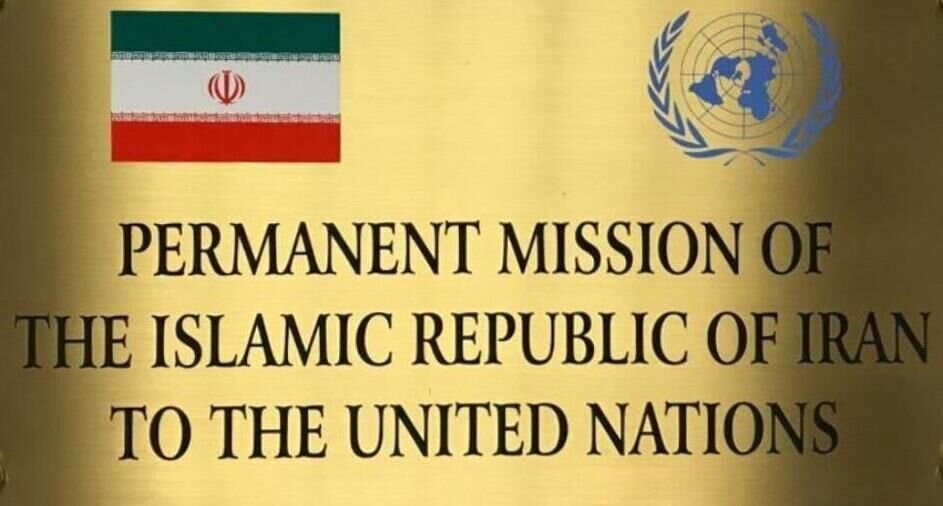Tehran dismisses UAE claim to three Iranian islands

TEHRAN- The recent United Arab Emirates’ claims to three Iranian islands in the Persian Gulf have been rejected as “baseless” by Iran's permanent mission to the UN, which said such claims are a “flagrant violation of international law and the UN Charter.”
“Iran regards such groundless statements as violation of the sovereignty and territorial integrity of a member of the United Nations and a gross violation of international law and the United Nations Charter,” the mission said on Sunday.
The statement was delivered in response to the UAE’s Minister of State for International Cooperation, Reem Al Hashimy, who reiterated her country’s demand that Iran stop its “occupation” of the islands of Greater Tunb, Lesser Tunb, and Abu Musa.
Speaking at the annual United Nations General Assembly, Hashimy said the UAE will “continue to seek a resolution, either through direct negotiation or through the International Court of Justice. This has been our firm stance for decades.”
The Iranian diplomatic mission expressed sorrow that each year at the General Assembly session, Emirati officials make erroneous claims regarding the three Iranian islands in the Persian Gulf.
It went on to say that the three islands have always been and will continue to be part of the Iranian territory. “Any claim contrary to this fact is invalid.”
The mission reaffirmed Iran’s dedication to the policy of friendly ties with its neighbors, particularly the UAE, but stressed that the Islamic Republic’s territorial integrity and sovereignty over the three islands are inalienable.
Numerous historical, legal, and geographic records in Iran and other countries throughout the world attest to the historical affiliation of the three islands with Iran. But the UAE has claimed its ownership of the islands time and again.
The three islands were placed under British rule in 1921, but on November 30, 1971, Iran regained control of the islands a day after British troops departed the region and two days before the UAE was set to become an official federation.
On Wednesday, Iranian Foreign Ministry spokesperson Nasser Kanaani also criticized the U.S. and the Persian Gulf Cooperation Council (GCC) for their “empty accusations” against Tehran, noting that the accusations only serve the “illegitimate” goals of those who wish to bring harm to the region.
He made the comments shortly after the GCC foreign ministers, U.S. Secretary of State Antony Blinken, and GCC Secretary General Jasem Albudaiwi published a joint statement against Iran following their meeting in New York.
“In the current situation, the repetition of empty accusations and claims can in no way serve the interests of regional governments and people,” Kanaani said.
Claims like these “only benefit the ill-wishers who cannot tolerate peace, economic development, territorial integrity, and national sovereignty of the countries in the region, and have always pursued their illegitimate interests in regional interference, instability, and insecurity,” the Foreign Ministry spokesman pointed out.
Kanaani further mentioned that the Islamic Republic holds the view that regional issues can be resolved through dialogue, collaboration, and synergy among regional governments without the involvement of parties outside the region.
Iran was asked in the U.S.-GCC statement to fully cooperate with the IAEA and stop what they claimed “proliferation of... dangerous weapons.”
The statement also backed up the UAE’s ownership claims to the three Iranian islands in the Persian Gulf.
Leave a Comment